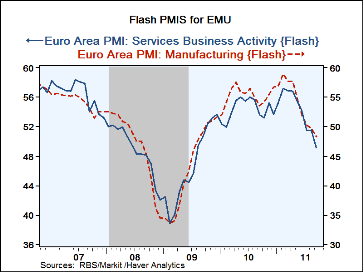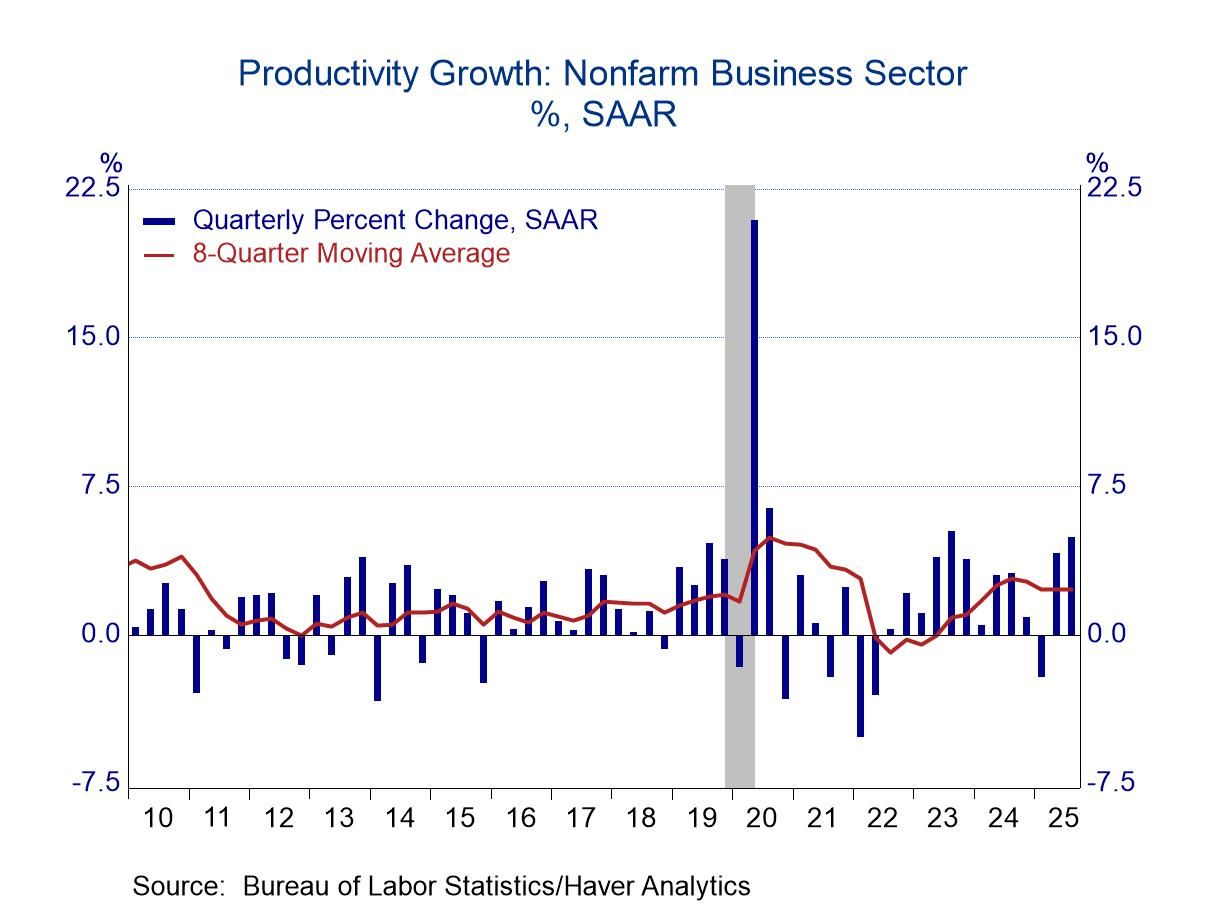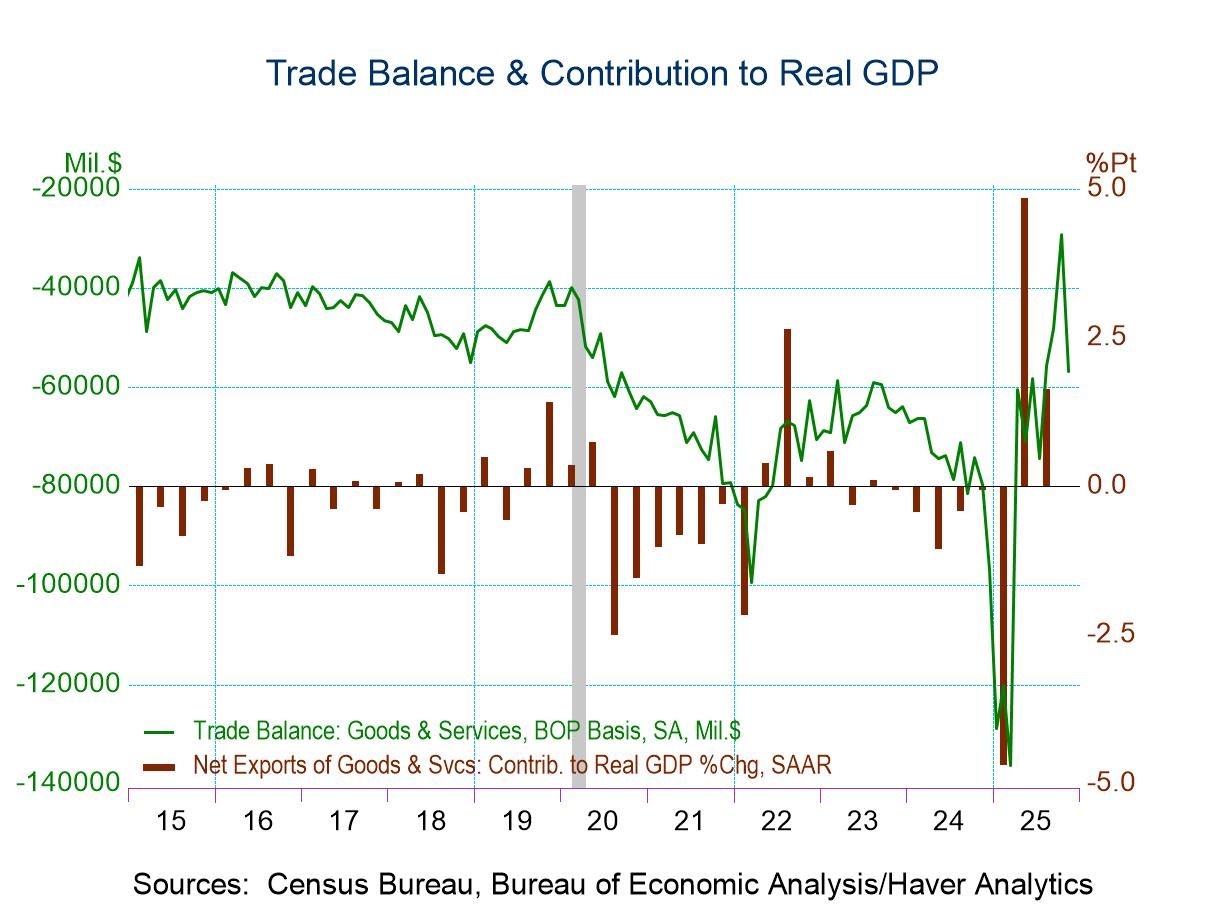 Global| Sep 22 2011
Global| Sep 22 2011PMIs Dive in September – Race to the Bottom
Summary
The chart tells a pretty clear story that requires little embellishment from me. The good news is that you can see the pit that the PMIs fell into in recession and Europe is not anywhere near as deep in its drop as it was in the [...]
 The chart tells a pretty clear story that requires little embellishment from me.
The chart tells a pretty clear story that requires little embellishment from me.
The good news is that you can see the pit that the PMIs fell into in recession and Europe is not anywhere near as deep in its drop as it was in the recession period. The bad news is, of course, that the angle of the drop is steep and that it shows no sign of letting up.
What’s worse is that the causal factors for the drop in output and the loss in confidence are still in train. Yesterday, US President Obama gave an address before the UN and asked for coordination is getting the global economy going, again. Nice speech. But it was a bit short on the ‘how-to’ advice.
The problem is that EMU has some very well-known problems about that the Zone members cannot decide how to solve them. Europe is just as frozen as is policy in the US so who is going to coordinate with what?
Europe’s situation is a bit like a doctor with a patient who has an infected arm and he can’t decide if he should go all out to stop the infection or to amputate it before the infection spreads. As we know if infection goes on for long in such a situation you will wind up with amputation. I presume that this is exactly the European strategy. The idea is to make it so painful for Greece while giving it verbal support that it will decide that it is better off without the accursed euro. The euro can live without Greece.
Despite some estimates to the contrary, if the zone makes it too painful Greece might be better off outside the Zone. For one it might get some special compensatory deals if it leaves like being able to keep its EU membership and get an extended period before it would be required to ‘shape up’ in order to re-enter the Zone.
In negotiations all things are possible.
For the moment the Euro affair is about Greece but it is also about Spain, Portugal, Italy and Ireland. Contagion is another reason to be wary. Making Greece go through a very painful catharsis before it ‘decides’ to leave could serve to warn current borderline members on what their future might look like. As long as troubled members do not think an enlarged ESFS can save them they might fight with greater determination at home. And that is what a lot of this is about. If Greek citizens knew the tradeoffs they might not fight current austerity so hard. They might see it as an investment in their future. Instead, they are pushing back against austerity because they think they can win. They can’t win. If Greece is blown out by this process you can bet that the people in Spain, in Ireland, in Portugal, and in Italy will have gotten the sort of communication that the people in Greece still have not figured out. Communication is important, especially where resolve is concerned.
At this point we do not know the outcome of the Eurozone’s troubles just that the troubles run deep and the Germans have drawn a line in the now-hardened cement saying we will not continue to finance that which is not sustainable.
That message is taking on more credibility day-by-day and it should help the governments in countries that are under pressure for more austerity to gain more authority in dealing with their own needs.
The economic slippage in EMU is quite clear. It is ongoing. It is also echoed by weakness in China that has Europe as it largest export market. And in the US conditions remain borderline. There is no revival.
Among the G-10 countries only the UK is reconsidering a shift out of its mode of austerity. Japan has a few policy shifts to try help its rebuilding effort and to fight off the effects of the strengthened yen. The Euro-Area members have not implemented any policy but austerity, as the Zone’s high-rated nations are afraid of losing their AAA status. The Zone seems destined to continue to play this real world game of ‘Chutes and Ladders’ but with only chutes, no ladders. It does not take a genius to say, beware the future.
| FLASH Readings | ||
|---|---|---|
| Markit PMIs for the Euro-Area | ||
| MFG | Services | |
| Sep-11 | 48.37 | 49.14 |
| Aug-11 | 48.99 | 51.48 |
| Jul-11 | 50.36 | 51.58 |
| Jun-11 | 52.04 | 53.71 |
| Segment averages | ||
| 3-Mo | 50.46 | 50.70 |
| 6-Mo | 53.58 | 53.09 |
| 12-Mo | 54.87 | 54.16 |
| 154-Mo Range | ||
| High | 60.47 | 62.36 |
| Low | 33.55 | 39.24 |
| % Range | 55.1% | 42.8% |
| Range | 26.92 | 23.12 |
| AVERAGE | 51.55 | 53.74 |
| Queue % | 18.2% | 13.8% |
Robert Brusca
AuthorMore in Author Profile »Robert A. Brusca is Chief Economist of Fact and Opinion Economics, a consulting firm he founded in Manhattan. He has been an economist on Wall Street for over 25 years. He has visited central banking and large institutional clients in over 30 countries in his career as an economist. Mr. Brusca was a Divisional Research Chief at the Federal Reserve Bank of NY (Chief of the International Financial markets Division), a Fed Watcher at Irving Trust and Chief Economist at Nikko Securities International. He is widely quoted and appears in various media. Mr. Brusca holds an MA and Ph.D. in economics from Michigan State University and a BA in Economics from the University of Michigan. His research pursues his strong interests in non aligned policy economics as well as international economics. FAO Economics’ research targets investors to assist them in making better investment decisions in stocks, bonds and in a variety of international assets. The company does not manage money and has no conflicts in giving economic advice.






